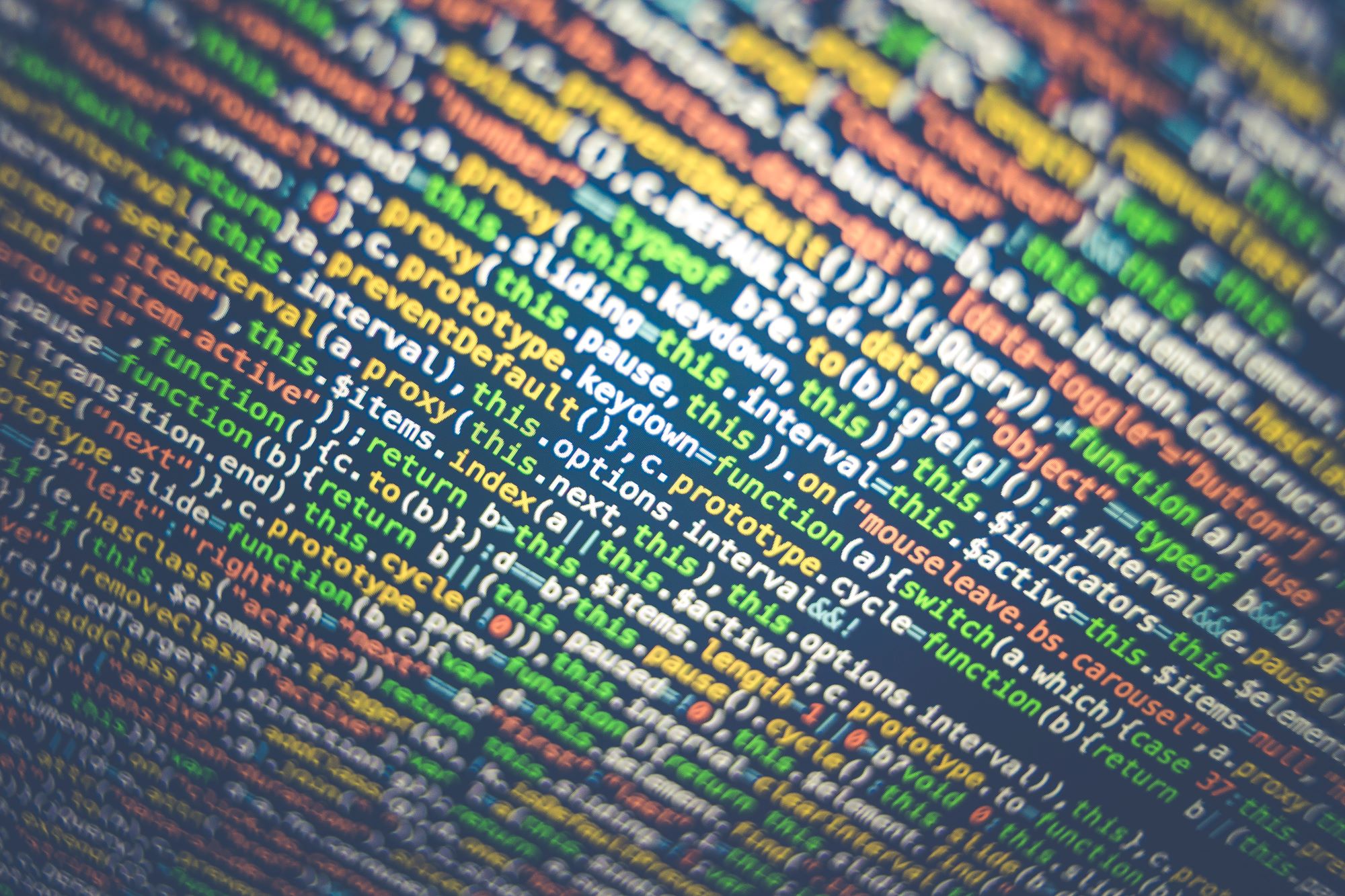The Art of Writing Clean Code
Writing clean code is an essential skill for any software developer. Clean code is code that is easy to read, understand, and maintain. In this blog, we will discuss the art of writing clean code and provide tips, tricks, and best practices to help you write high-quality, maintainable code.
- Follow naming conventions Using clear, descriptive names for your variables, functions, and classes is critical for writing clean code. Follow standard naming conventions for your programming language and avoid using ambiguous or confusing names.
- Keep functions short and focused Functions should be short, focused, and do one thing only. Aim to keep your functions no longer than 10-15 lines of code. If a function is too long, consider refactoring it into smaller, more focused functions.
- Use consistent formatting Using consistent formatting throughout your codebase can help make it easier to read and maintain. Use standard indentation, line breaks, and spacing, and avoid mixing different styles.
- Comment your code Comments can help make your code more readable and understandable. Add comments to explain complex or unusual code, and use clear, descriptive comments to describe what your code is doing.
- Avoid duplicated code Duplicated code is a sign of poor code quality and can make it harder to maintain your codebase. Avoid duplicating code by creating reusable functions and libraries, and using inheritance and polymorphism to avoid repetition.
- Write unit tests Writing unit tests can help you identify and fix bugs early in the development process. By testing your code regularly, you can ensure that it remains maintainable and avoid introducing new bugs.
- Refactor regularly Refactoring is the process of improving the design and structure of your code without changing its behavior. Regular refactoring can help you keep your codebase clean and maintainable, and avoid technical debt.
- Use meaningful error messages Meaningful error messages can help users and other developers quickly identify and fix problems in your code. Use clear, descriptive error messages that explain what went wrong and how to fix the problem.
- Use design patterns Design patterns are proven solutions to common programming problems. Using design patterns can help you write more maintainable and scalable code, and avoid reinventing the wheel.
In conclusion, writing clean code is an essential skill for any software developer. By following these tips, tricks, and best practices, you can write high-quality, maintainable code that is easy to read and understand. Remember to keep your code short and focused, use consistent formatting, avoid duplication, write unit tests, and refactor regularly. With practice and dedication, you can master the art of writing clean code and become a more effective and efficient software developer.

